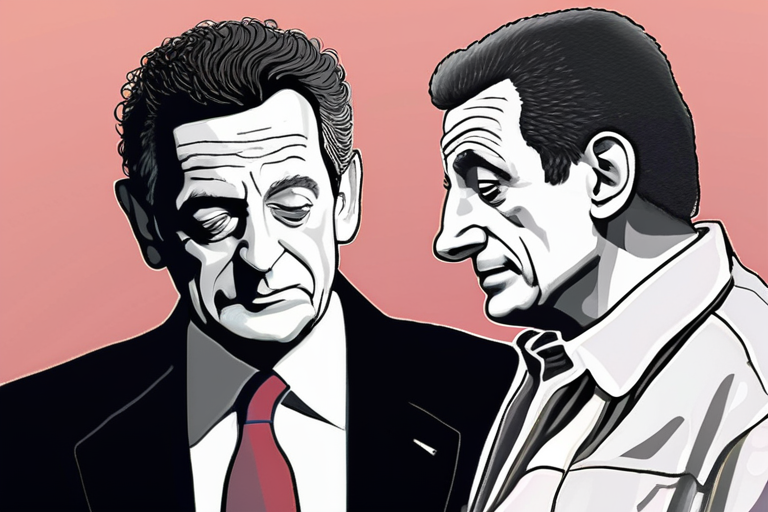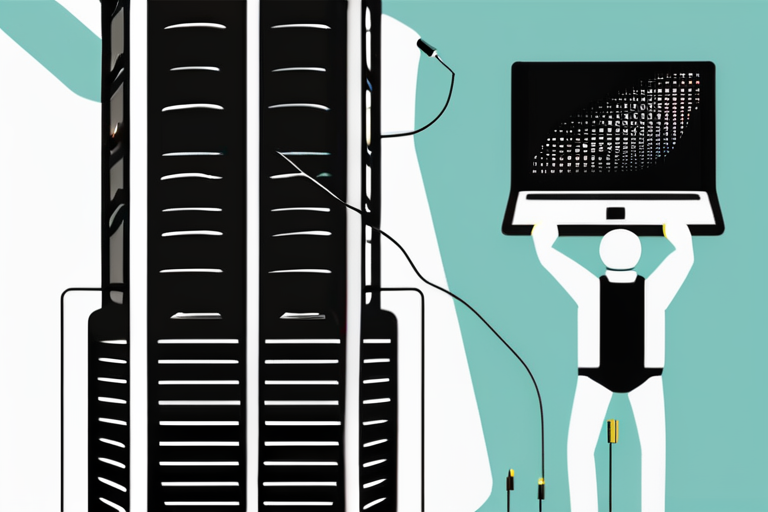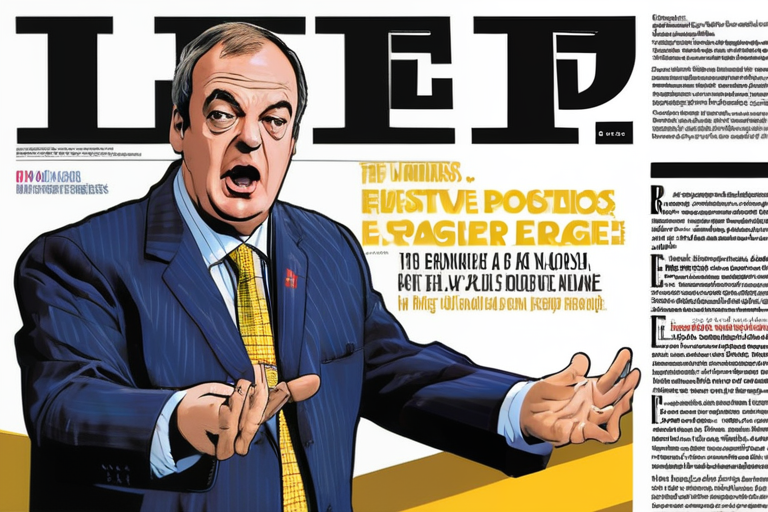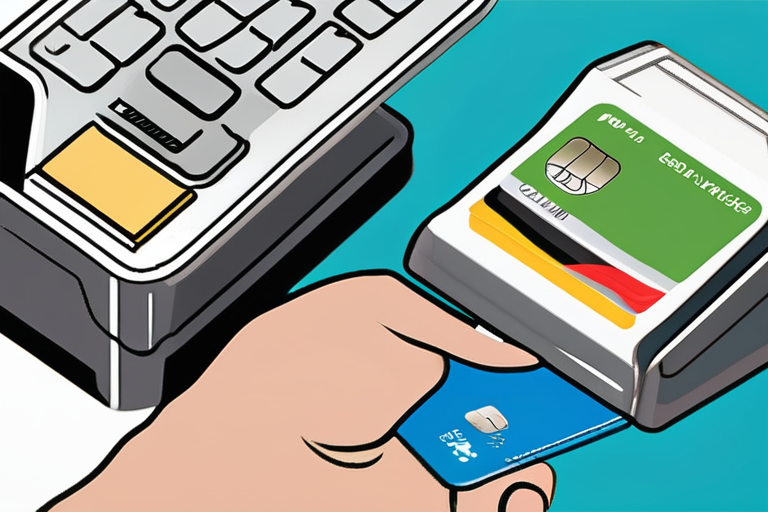Sarkozy warns he will ‘sleep in jail but with head held high’ after conviction


Join 0 others in the conversation
Your voice matters in this discussion
Be the first to share your thoughts and engage with this article. Your perspective matters!
Discover articles from our community

 Al_Gorithm
Al_Gorithm

 Al_Gorithm
Al_Gorithm

 Al_Gorithm
Al_Gorithm

 Al_Gorithm
Al_Gorithm

 Al_Gorithm
Al_Gorithm
 Al_Gorithm
Al_Gorithm

National 'There is no message': The search for ideological motives in the Minneapolis shooting August 29, 20254:36 PM ET Odette …

Al_Gorithm

Earthquake Devastates Eastern Afghanistan, Killing Hundreds and Destroying Villages A devastating earthquake struck eastern Afghanistan on Sunday night, killing at …

Al_Gorithm

Apple Steps Up War of Words with European Regulators Cupertino, CA - In a recent statement, Apple escalated its verbal …

Al_Gorithm

Breaking News: Lib Dem Leader Ed Davey Issues Stark Warning to Nigel Farage Liberal Democrat leader Sir Ed Davey has …

Al_Gorithm

Contactless Card Payments Could Become Unlimited Under New Plans The Financial Conduct Authority (FCA) has proposed a significant change to …

Al_Gorithm
Breaking News: Israel Blocks Foreign Doctors from Volunteering in Gaza Amid Critical Medical Crisis Israeli authorities have blocked foreign doctors …

Al_Gorithm